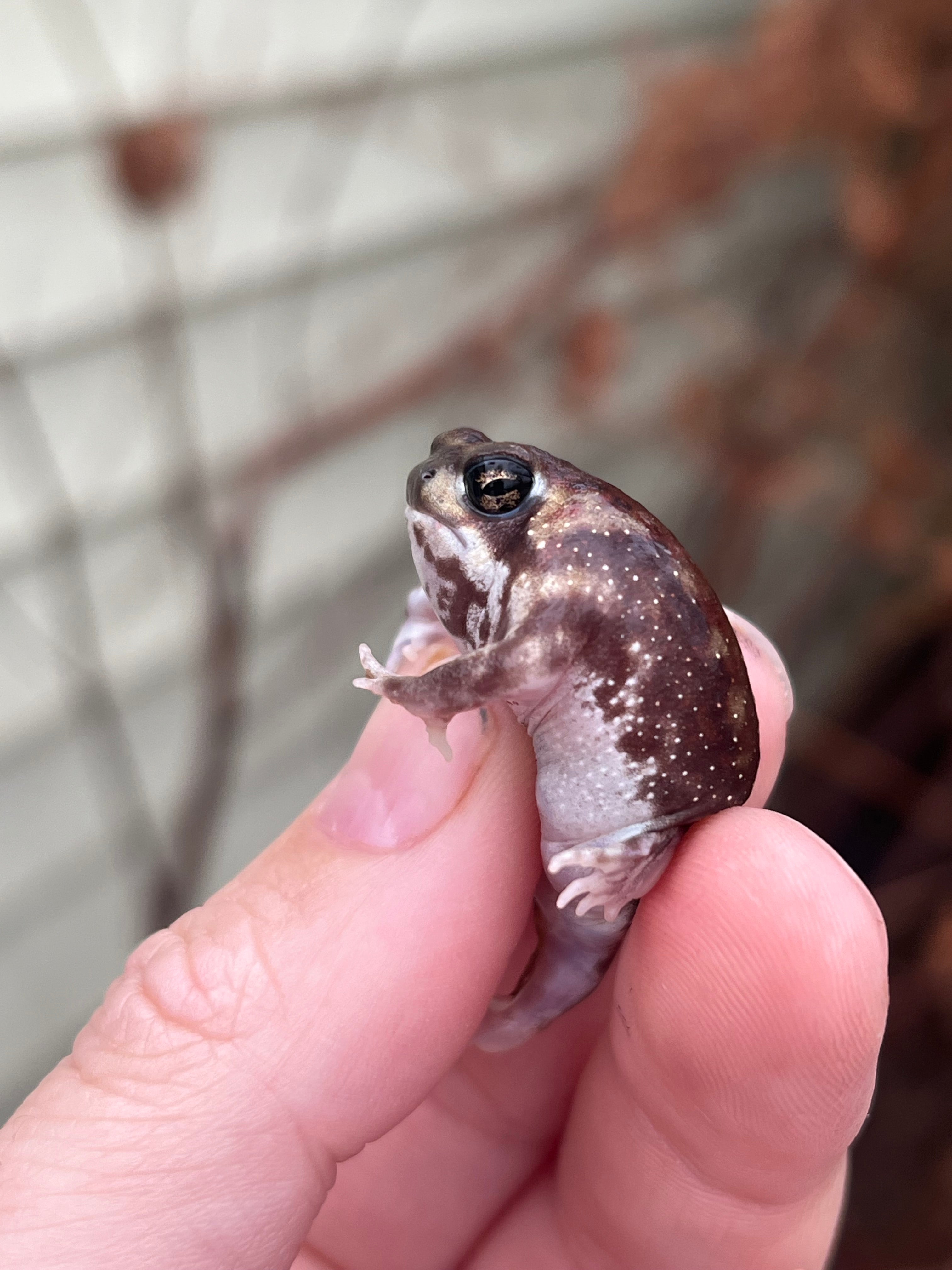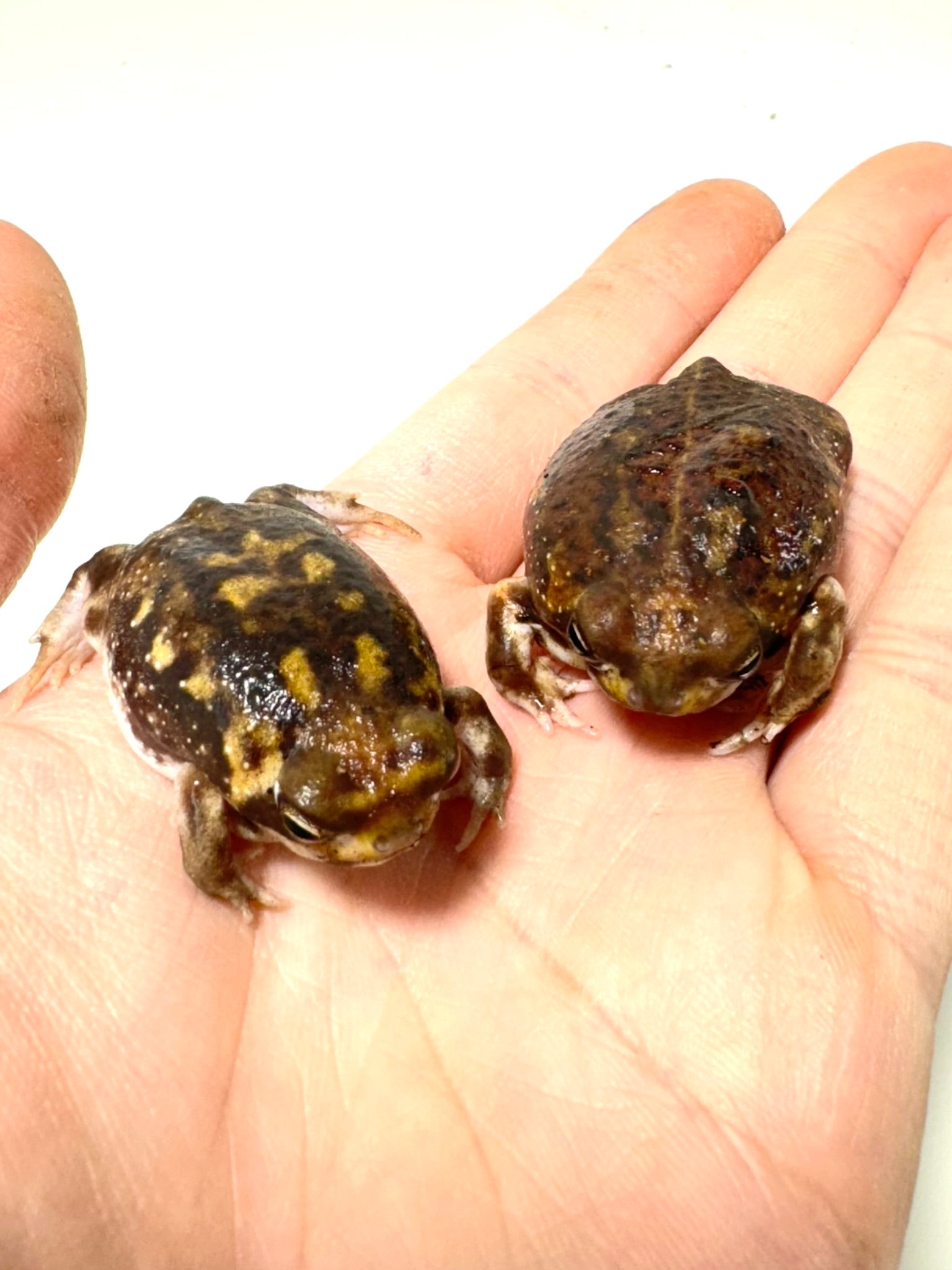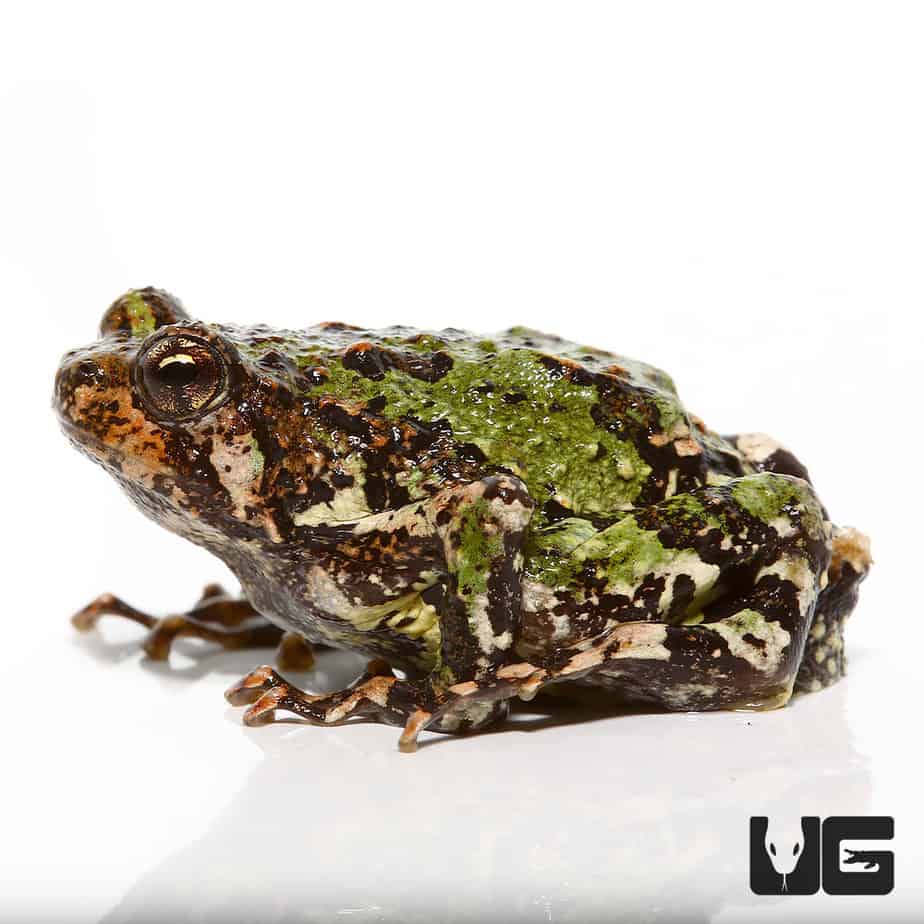Common Wellness Issues in Reptiles: Signs and Solutions
In the complex globe of reptile treatment, understanding the typical health and wellness concerns that may impact these distinct animals is critical in guaranteeing their well-being. Whether it's grappling with parasitical infestations, navigating dehydration problems, or dealing with skin disorders that manifest in refined means, being attuned to the signs and outfitted with the knowledge of efficient solutions is vital for any reptile proprietor.
Breathing Infections
Respiratory infections in reptiles can significantly influence their general health and require punctual interest from experienced vets. In reptiles, respiratory system infections can be especially challenging to diagnose and deal with due to their distinct anatomy and physiology.
Therapy for respiratory system infections in reptiles normally involves a mix of helpful care, such as preserving proper moisture levels and temperature level gradients in the unit, along with targeted drug to resolve the certain pathogen in charge of the infection. It is vital for reptile owners to check their animals very closely for any type of signs of breathing distress and seek veterinary care at the earliest sign of a problem. With timely intervention and ideal therapy, lots of reptiles can recover totally from breathing infections and return to normal tasks.

Metabolic Bone Condition
What elements add to the growth of Metabolic Bone Condition in reptiles?
Metabolic Bone Illness (MBD) in reptiles is largely triggered by an absence of proper calcium, phosphorus, and vitamin D3 degrees in their diet regimen. When reptiles do not obtain adequate calcium, either through their food or correct UVB direct exposure for vitamin D3 synthesis, they go to a high danger of developing MBD. Reptiles with diet regimens low in calcium or imbalanced calcium to phosphorus ratios are especially at risk. Furthermore, poor exposure to UVB light protects against reptiles from synthesizing vitamin D3, which is vital for calcium absorption and bone wellness.
Various other adding variables to MBD consist of incorrect temperature gradients within the reptile's habitat, leading to lowered metabolic rate and damaged calcium absorption. Not enough humidity degrees can additionally influence a reptile's capacity to metabolize calcium effectively. Furthermore, particular reptile varieties have certain dietary requirements that, otherwise fulfilled, can raise the possibility of establishing MBD. Regular vet examinations, correct husbandry methods, and a well balanced diet regimen are vital to protect against Metabolic Bone Disease in reptiles.
Parasitical Invasions
Parasitic invasions position a significant health danger to reptiles, influencing their overall health and calling for prompt vet interest. Reptiles can be affected by different bloodsuckers, consisting of termites, ticks, internal worms, and protozoa. These bloodsuckers can create a variety of signs, such as weight reduction, lethargy, skin inflammation, diarrhea, and even death if left without treatment.
One usual parasite discovered in reptiles is the mite, which can trigger skin tension, anemia, and irritability. Ticks are an additional external parasite that can trigger and send conditions pain to the reptile. Inner bloodsuckers like worms and protozoa can bring about gastrointestinal issues, poor nutrition, and weaken the reptile's immune system.
To detect a parasitical problem, a veterinarian may perform fecal examinations, skin scrapings, or blood tests. Therapy often involves deworming drugs, antiparasitic bathrooms, or in extreme instances, a hospital stay. Preventative actions such as regular veterinary check-ups, appropriate health, and quarantine procedures for new reptiles can aid decrease the danger of parasitical infestations and make sure the health of reptile pet dogs.
Dehydration and Hydration Issues
Dehydration in reptiles can substantially affect their wellness and health, demanding prompt intervention and suitable hydration administration. Reptiles are prone to dehydration visit this site right here because of different factors such as inadequate water intake, high ecological temperatures, and specific wellness problems. Signs and symptoms of dehydration in reptiles consist of sunken eyes, lethargy, loss of skin flexibility, and decreased urination. If left untreated, dehydration can result in significant health and wellness concerns and also be fatal to the reptile.
To stop dehydration, reptile owners ought to make certain that their pets have accessibility to tidy water in any way times. The water dish need to be huge sufficient for the reptile to soak in if needed, especially for species that take in water via their skin. In addition, maintaining proper humidity levels in the reptile's enclosure and providing regular baths can assist avoid dehydration.
In instances of dehydration, it is vital to seek vet treatment promptly. see this page A vet might administer liquids either by mouth or through injections to rehydrate the reptile. It is vital to resolve the underlying reason for dehydration to avoid reappearance and make certain the reptile's general wellness.
Skin Ailments

Conclusion

Respiratory system infections in reptiles can considerably influence their overall wellness and call for punctual interest from knowledgeable veterinarians (rain frog for sale). Preventative measures such as normal vet check-ups, correct health, and quarantine treatments for brand-new reptiles can assist reduce the threat of parasitic invasions and guarantee the health of reptile animals
If left untreated, dehydration can lead to major wellness issues and even be deadly to the reptile.
Frequently examining your reptile for any type of modifications in skin look, texture, or color can help in very early discovery and therapy of skin disorders, advertising the overall wellness and wellness of your flaky companion. - rain frog for sale
In final thought, reptiles are susceptible to numerous health and wellness problems such as respiratory system infections, metabolic bone illness, parasitic problems, dehydration, and skin conditions.